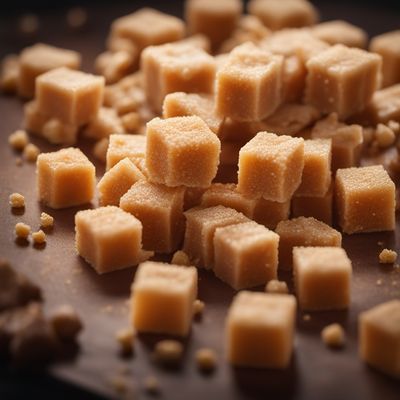
Ingredient
Stock cubes or granulate, meat
The Flavor Enhancer
Meat stock cubes or granulate are concentrated flavor enhancers made from dehydrated meat, vegetables, and seasonings. They add depth and richness to soups, stews, sauces, and various other dishes. Available in different flavors, they provide a convenient and quick way to enhance the taste of your culinary creations.
Origins and history
The concept of stock cubes originated in the late 18th century in France, where they were developed as a way to preserve meat flavors. Over time, they gained popularity worldwide as a convenient alternative to homemade stocks. Today, meat stock cubes or granulate are widely used in kitchens around the globe.
Nutritional information
Meat stock cubes or granulate are low in calories and fat, making them a suitable option for flavoring dishes without adding excessive amounts of unhealthy ingredients. However, they can be high in sodium, so it is important to use them in moderation, especially for individuals with high blood pressure or sodium-sensitive conditions.
Allergens
Meat stock cubes or granulate may contain allergens such as wheat, soy, or celery, depending on the brand and flavor. It is essential to read the ingredient list carefully and choose options that are suitable for your dietary restrictions or allergies.
How to select
When selecting meat stock cubes or granulate, consider the flavor profile you desire for your dish. Opt for options made from high-quality ingredients and free from artificial additives or preservatives. Look for brands that offer low-sodium or reduced-sodium options if you are watching your sodium intake.
Storage recommendations
To maintain the freshness and quality of meat stock cubes or granulate, store them in a cool, dry place away from direct sunlight. Ensure the packaging is tightly sealed to prevent moisture absorption. Follow the manufacturer's instructions for storage recommendations, as some products may require refrigeration after opening.
How to produce
Producing meat stock cubes or granulate at home requires simmering meat, vegetables, and seasonings in water for an extended period, then straining and dehydrating the resulting liquid. However, due to the convenience and availability of commercial options, it is more common for home cooks to use store-bought stock cubes or granulate.
Preparation tips
Meat stock cubes or granulate can be dissolved in hot water to create a flavorful broth or added directly to dishes during cooking. They can also be used as a seasoning by crumbling them over roasted vegetables or sprinkling them on grilled meats for an extra boost of flavor.
Culinary uses
Meat stock cubes or granulate are commonly used in a variety of dishes, including soups, stews, sauces, risottos, and casseroles. They are particularly popular in European and Asian cuisines, where they are used to enhance the taste of traditional recipes.
Availability
Available worldwide
More ingredients from this category
Recipes using Stock cubes or granulate, meat » Browse all
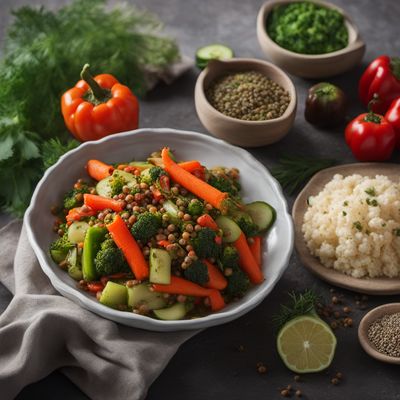
Turkish Pickled Vegetables
Zesty Medley: Turkish Pickled Vegetables Bursting with Flavor

Homemade Hosomaki Rolls
Delightful Delicacies: Homemade Hosomaki Rolls

Malawian Cucumber Salad
Tropical Twist Cucumber Salad
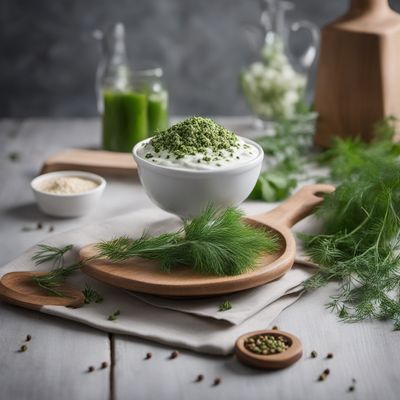
Yamal Gzik with a Twist
Siberian Fusion: Yamal Gzik Delight
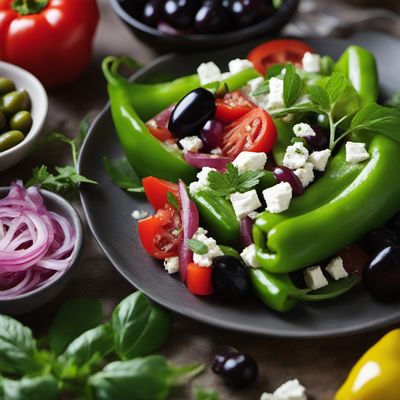
Psilokomeni Salata with Feta and Olives
Mediterranean Delight: Psilokomeni Salata with a Greek Twist

Henan-style Cucumber Salad with Sesame Dressing
Sesame Delight: Henan-style Cucumber Salad

California-Style Grilled Kotlovina
Sun-Kissed Grilled Delight: California-Style Kotlovina
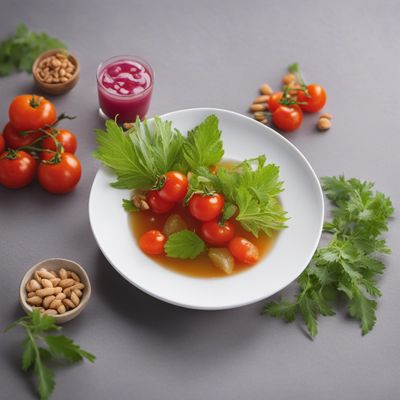
Molecular Gastronomy Nộm
Spherified Vietnamese Nộm: A Molecular Twist on a Traditional Delight

Homestyle Indian Curry
Spices of India: A Flavorful Homestyle Curry Recipe

Refreshing Korean Cucumber Salad
Crisp and Tangy Geotjeori: A Burst of Korean Flavors

Baltic-style Tuna Gimbap
Oceanic Delight: Baltic-style Tuna Gimbap

Beef Bourguignon Adapted to Brazilian Cuisine
Brazilian Beef Stew with Red Wine
